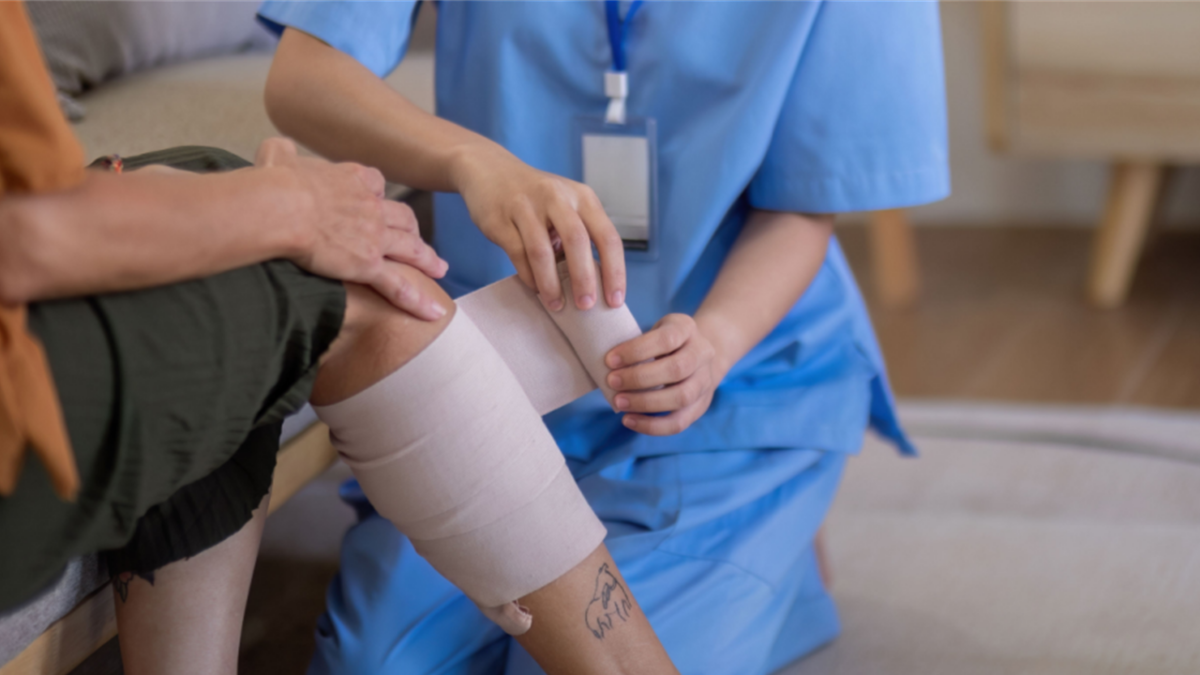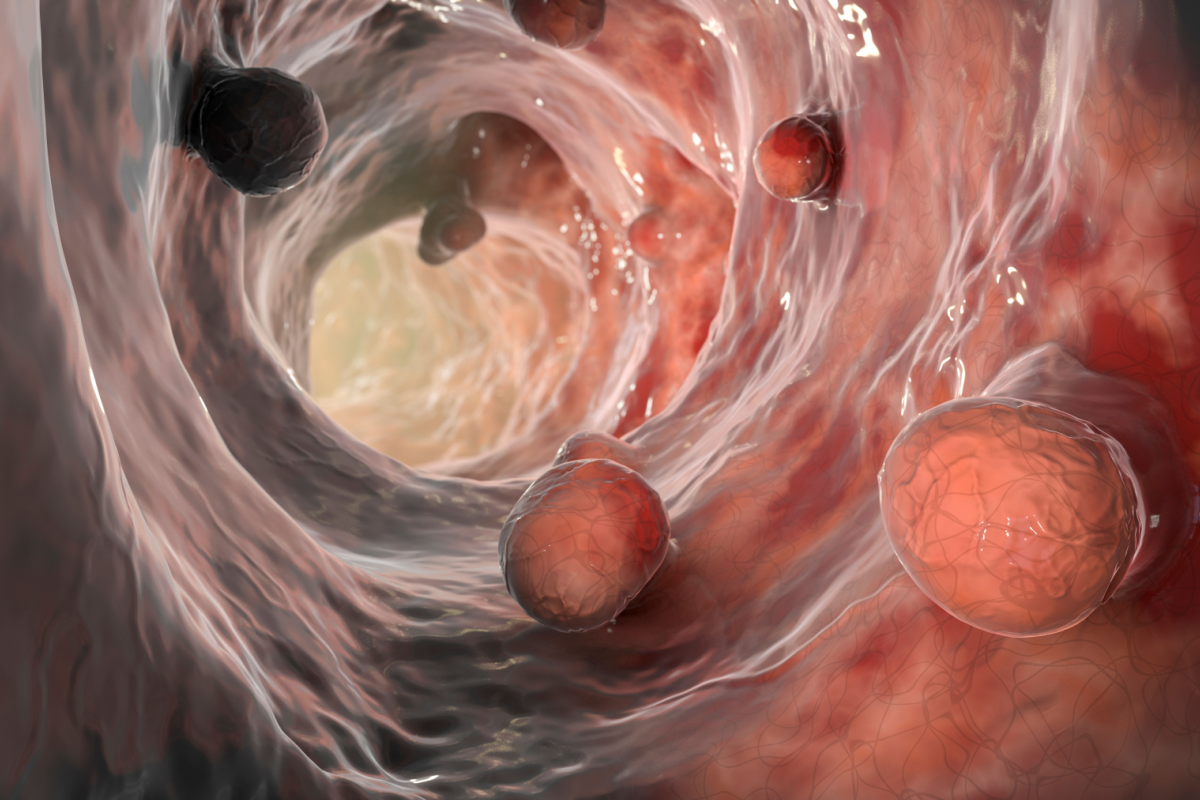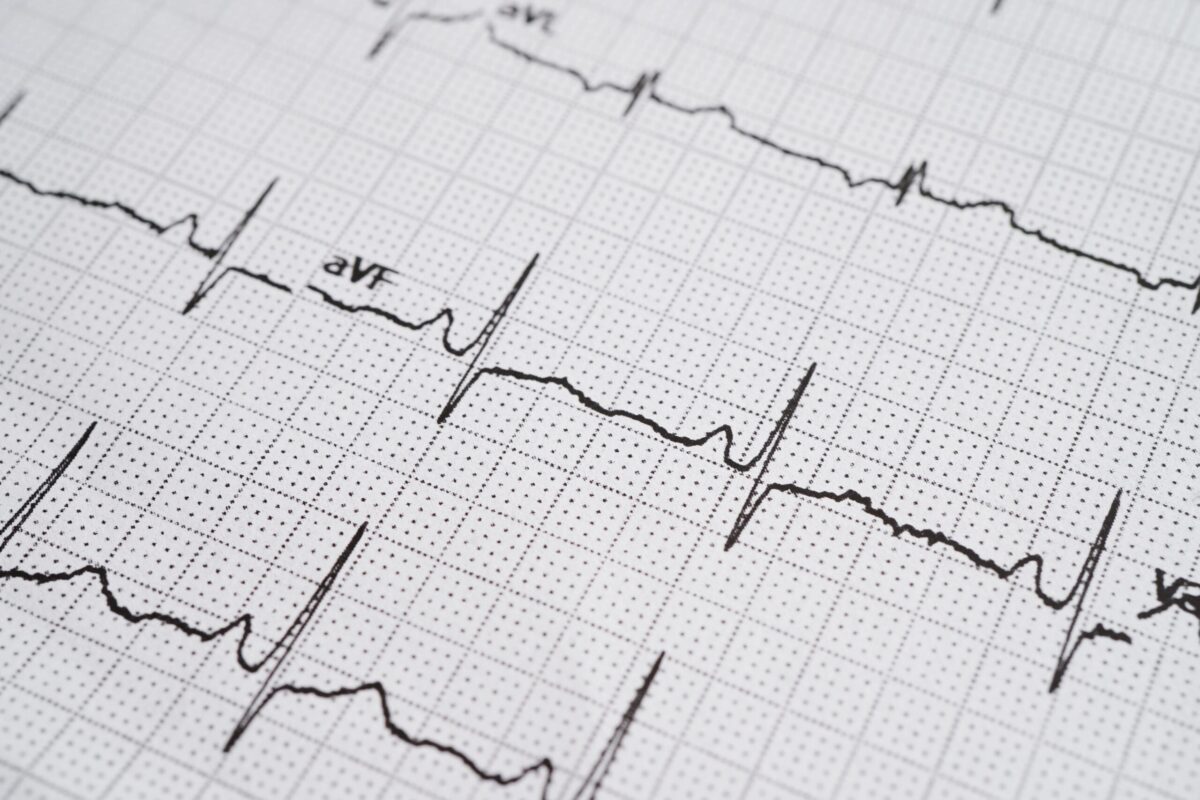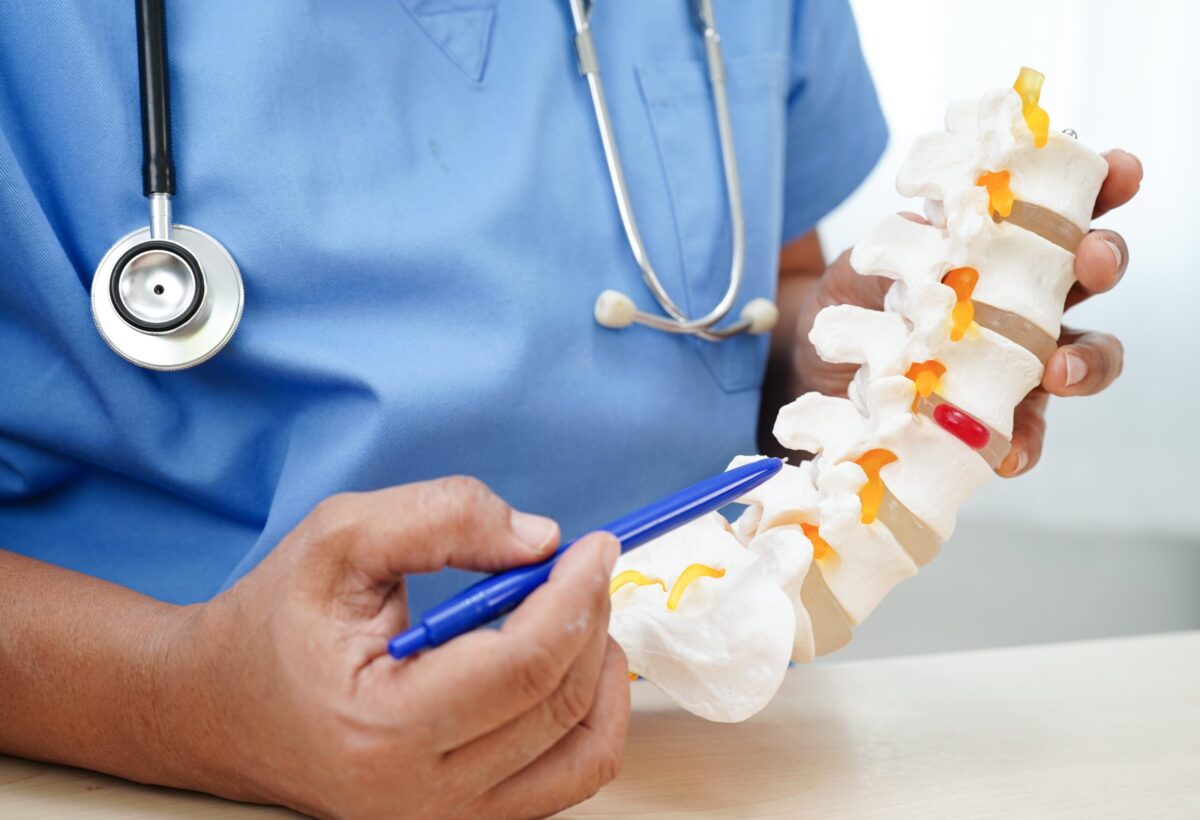According to Canadian researchers, high-resolution brain scans could be paired with machine learning algorithms to improve the diagnosis of mild traumatic brain injury. The new technique – the details of which were published in the journal, PLOS Computational Biology – could be a significant improvement over the current method used to detect a concussion.
Doctors rely heavily on patient-reported symptoms to identify a concussion, which can allow cases of traumatic brain injury to go undiagnosed. While previous research using high-resolution imaging have provided evidence that traumatic brain injury impairs the flow of information between areas of the brain, these studies reported the average results among a group of patients.
Researchers from Simon Fraser University, in British Columbia, the Hospital for Sick Children, in Toronto, and Defense Research and Development Canada, sought out to determine whether machine learning algorithms could be used to analyze results from brain scans to detect concussions at the single patient level.
Using a neuroimaging technique known as magnetoencephalography (MEG), which allows researchers to map brain activity, the study investigators performed brain scans on men with and without concussions. The MEG imaging technique showed changes in communication between areas of the brain characteristic of traumatic brain injury.
When the scientists used machine learning algorithms to analyze the brain scans, they were able to predict which patients had a concussion with 88 percent accuracy. The new method was also able to accurately predict the severity of concussion symptoms for individual patients.
“Changes in communication between brain areas, as detected by magnetoencephalography, allowed us to detect concussion from individual scans, in situations wherein typical clinical imaging tools such as MRI or computerized tomography (CT) fail,” said Dr. Sam Doesburg, Associate Professor in Biomedical Physiology and Kinesiology at Simon Fraser University, and coauthor on the study. More research could allow clinicians to use high-resolution brain imaging and machine learning to better diagnose, treat and monitor patients with a traumatic brain injury.












Join or login to leave a comment
JOIN LOGIN